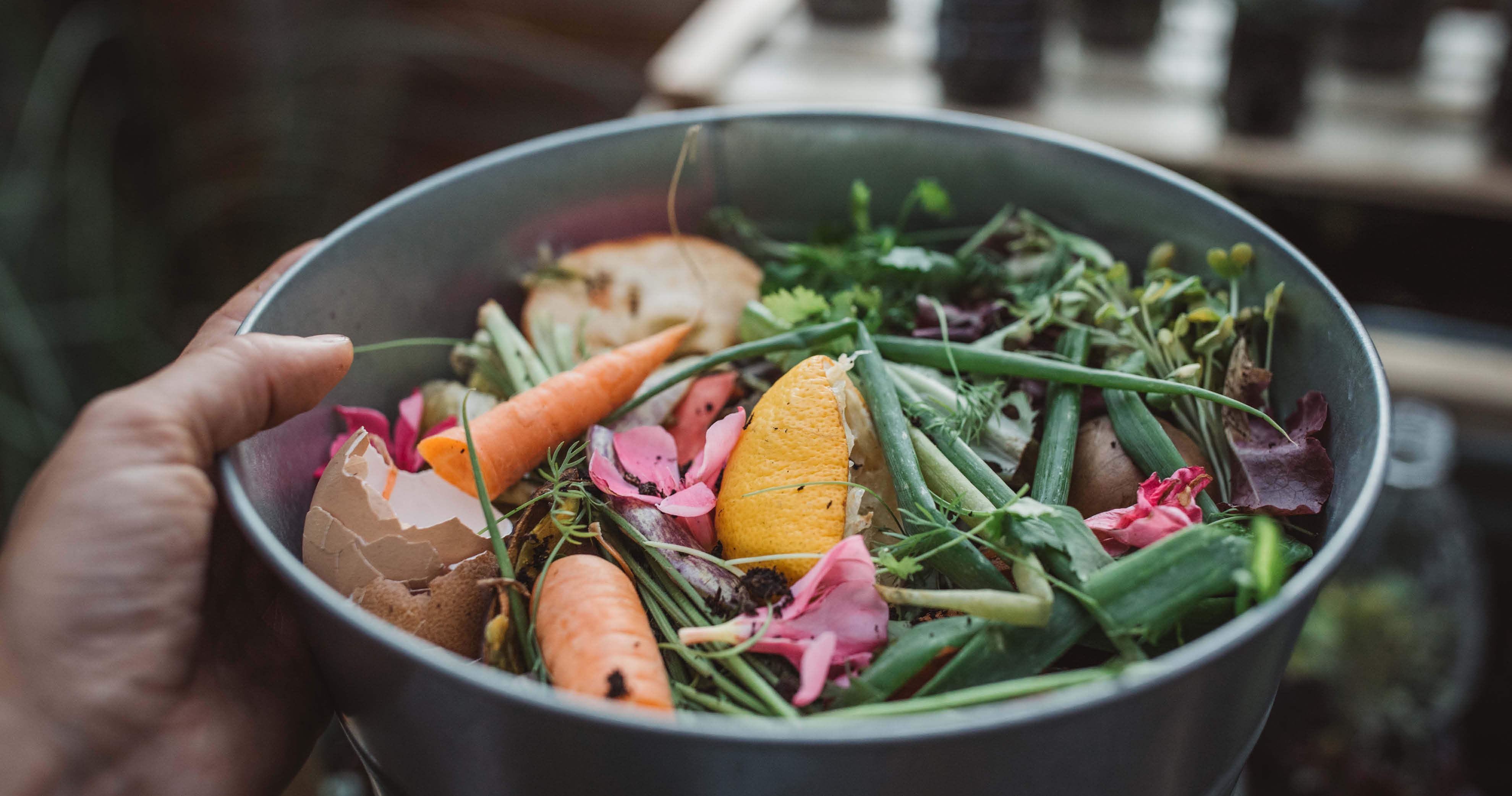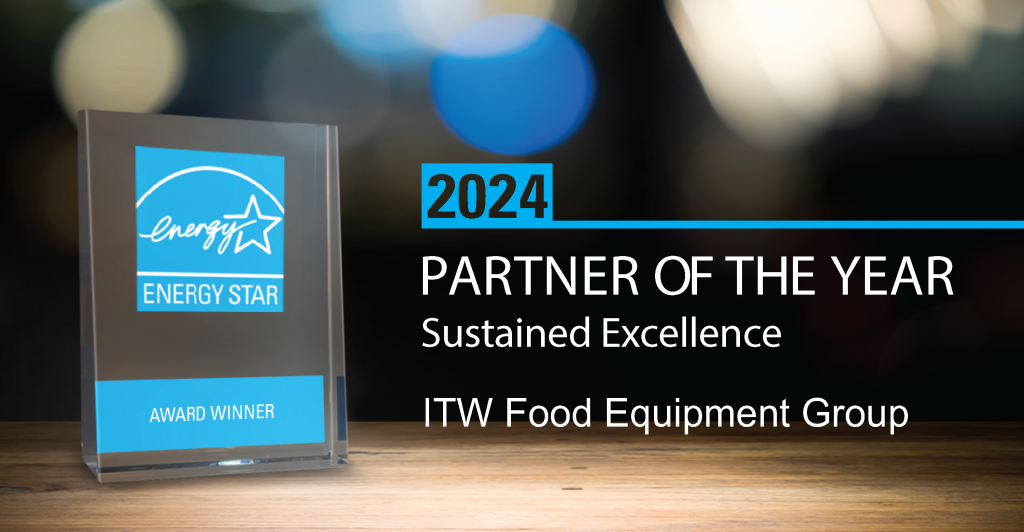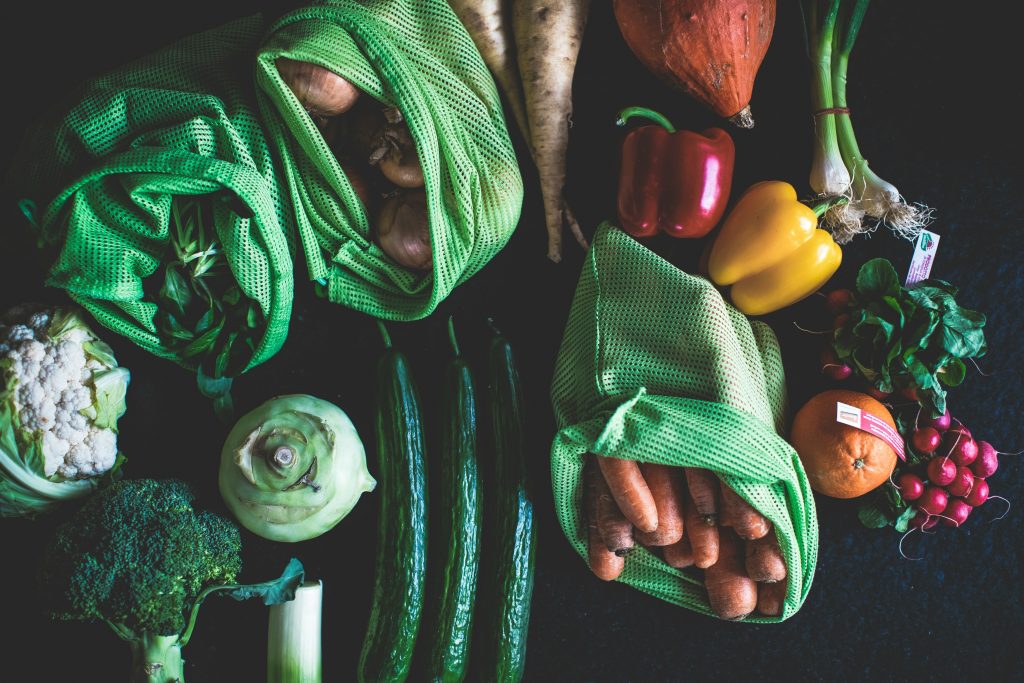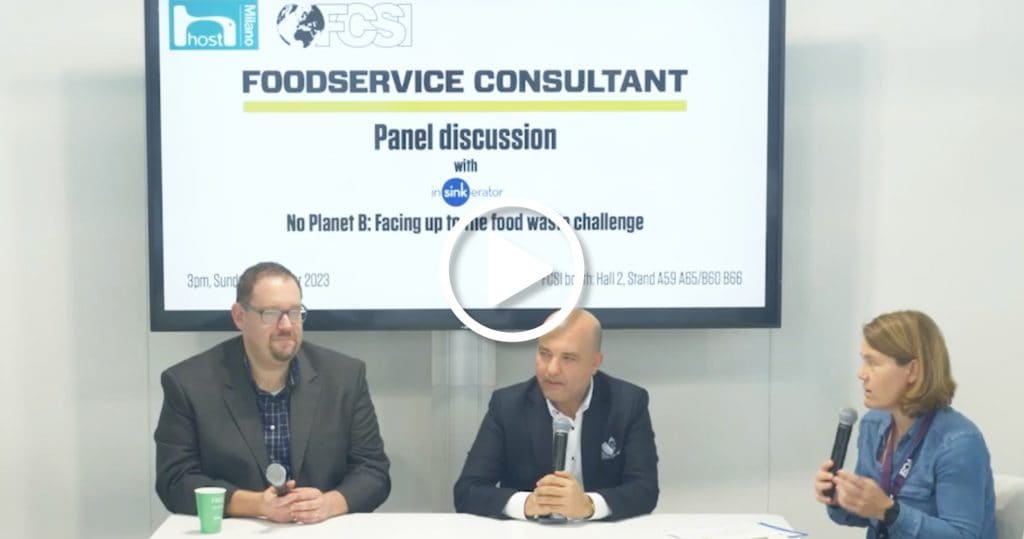
A global leader in the fight against food waste, all eyes turned to France in 2016 after it became the first country to pass a law specifically addressing the mounting issue. The legislation, initially targeting food retailers throwing away edible food, was widely viewed as a landmark moment in the country’s battle.
The Garot Law
An ever-pressing environmental, social and economic concern, it’s estimated globally that a third of food ends up as waste; France alone creates roughly 10 million tonnes of food waste annually, valued at €16bn according to the French Environmental Agency (ADEME).
To address the issue, in 2013 France launched a National Pact to reduce food waste 50% by 2025. A step towards achieving this target, the landmark 2016 anti-food waste law – also known as the Garot Law, written by the former food industry minister Guillaume Garot – prohibited large supermarkets (over 400 sq m) from destroying or throwing away edible food, instead compelling them to establish donation agreements with food assistance organizations for redistribution. Operators not complying with the law are liable to fines.
Focusing on the impact of public policy on food waste, zero waste specialist Marie Mourad believes legislation is moving things in the right direction, however she finds the regulation isn’t all as stringent as it appears from the outside. “There’s actually a lot of misconception around the [Garot] law. Generally people think it’s a very strong ban on food waste, but it’s never been a total ‘ban’ on throwing away food,” she explains.
Looking at two parts of the law that have drawn a lot of attention since its introduction – food donation agreements and fines – Mourad says: “What’s mandatory is to have an agreement, but it doesn’t say how much food you have to donate.” With this in mind, she believes cooperation is also based on voluntary commitment and other benefits including tax breaks. “Even before the introduction of the regulation, there were strong incentives for donation via tax breaks offering up to 60% of the food’s inventory value.” As for the fines, she finds it more symbolic. “I don’t think any businesses have been fined so far; it’s not very tightly controlled.”
Gaps aside, Mourad emphasizes the policy remains important. “It’s strong in itself to have the regulation. Symbolically, it gets a lot of attention, it creates social pressure, and changes the norm – I think that’s as strong as the enforcement itself.”
Another milestone, signaling an important shift towards food waste prevention as well as redistribution, is the 2019 extension of the anti-food waste law to include collective catering (prisons, hospitals, schools, etc), requiring diagnostics, tracking and plans for waste reduction initiatives. Even more recently, last year policymakers strengthened legislation again as part of the anti-waste and circular economy bill that called for collective catering and food distributors to reduce their food waste 50% by 2025 compared to 2015 levels, with commercial catering and more to follow by 2030.
The impact can be seen trickling down to foodservice operators. In public schools, for example, Mourad has seen progress in tackling issues with portion sizes. “There were a lot of rules that saw kindergarteners being served the same portions as teenage students, which they’ve been working on changing and tracking waste.” While in commercial restaurants, operators are now compelled to give doggy bags to customers for leftovers – a concept that Mourad explains is “not at all in French tradition”. “A lot of these could be seen as little actions, and there is room for improvement, but I think the combination helps reduce waste.”
Innovation, innovation, innovation
Beyond policy, efforts to reduce waste are being felt within France’s innovation ecosystem. From food tech startups to multinationals, there’s a lot of entrepreneurial energy being directed towards anti-waste initiatives.
French startups are making their impact felt across the continent. Leading anti-food waste app Phenix advocates the circular economy to redistribute unsold products by connecting businesses and consumers, reportedly saving 40 million meals in 2019. Specifically targeting collective catering, another startup Meal Canteen is ploughing its own furrow. Setting out to ‘revolutionize the canteen’, the app allows diners to preselect meals giving operators additional insights to prepare accordingly.
Large corporations are also out to shape the agenda. Food waste prevention technology company Leanpath has been working closely with Paris-headquartered foodservice giant Sodexo on what Leanpath CEO and president Andrew Shakman explains is, “the largest commitment to automated food waste tracking in history by a foodservice organization.” The companies are working together to roll out measurement and tracking at thousands of Sodexo sites with a program said to cut food waste by 50% on average by capturing and using data on waste to implement structural and behavioral changes.
Shakman is on a mission to establish food waste tracking as an everyday occurrence across the world’s kitchens following the ethos that “measurement is the mechanism to drive change” – a mission made even more pertinent in today’s climate as the Covid-19 pandemic disrupts food supply chains and threatens foodservice, creating what Shakman says is a “fertile ground for food waste” as operators navigate through “chaos and uncertainty”.
Looking at France’s waste reduction efforts, he thinks the country is taking the right approach by following the ‘Target, Measure, Act’ model established by Champions 12.3. “First, France has set targets for food waste prevention. The second move to accomplish this target is measure, because you can’t know if you’re making your target if you have no data. And then once you know what your waste levels are, you need to act by making changes to your operation to reduce that waste. That’s the model we see.”
Looking forward
A long-time fixture in French foodservice operations, associate consultant of Restauration Conseil, chair of FCSI France and vice-chair of FCSI EAME, Paul Montégut says food waste reduction initiatives have been part of the conversation over the past decade and today are a “major subject in everybody’s head – even at home.”
Still, he recognizes restaurants face challenges translating targets into measurements and actions. “Operators need to calibrate production to avoid food waste. They need to know precisely how many clients they will serve and client preferences to manage production in an efficient way… This is a difficult goal, but they’re working towards it.”
From legislation to innovation, France is a pioneer in the fight against food waste. However, there’s still a long way to go. As Montégut says: “As is often the case in France, we take time to act, but when an issue is identified and the country is behind it, we work towards it and don’t turn back.”
Using food waste for green energy
While prevention and redistribution are essential in the fight against food waste, another issue operators must navigate is what to do with waste that’s still created. “Disposing of food in landfills is not only problematic due to a lack of space, but also a huge cause of carbon emissions being released into the atmosphere due to the methane produced,” says Mick Jary, the UK specification director for Meiko Green – warewashing manufacturer Meiko’s eco food waste management system. As countries work to reduce greenhouse gas emissions in line with Paris Agreement targets, food waste-to-energy initiatives “have to be on the agenda.”
Driving this forward, last year Meiko Green introduced BioMaster, an innovative disposal unit designed to convert restaurant food waste into homogeneous biomass primed for use as renewable energy. Currently the only company offering such solutions Jary explains: “The homogenization process maximizes the calorific value of the food waste, so that when it all goes to anaerobic digestion it maximizes the energy to transform it into biofuel.
Amy Snelling
Picture: Getty Images




